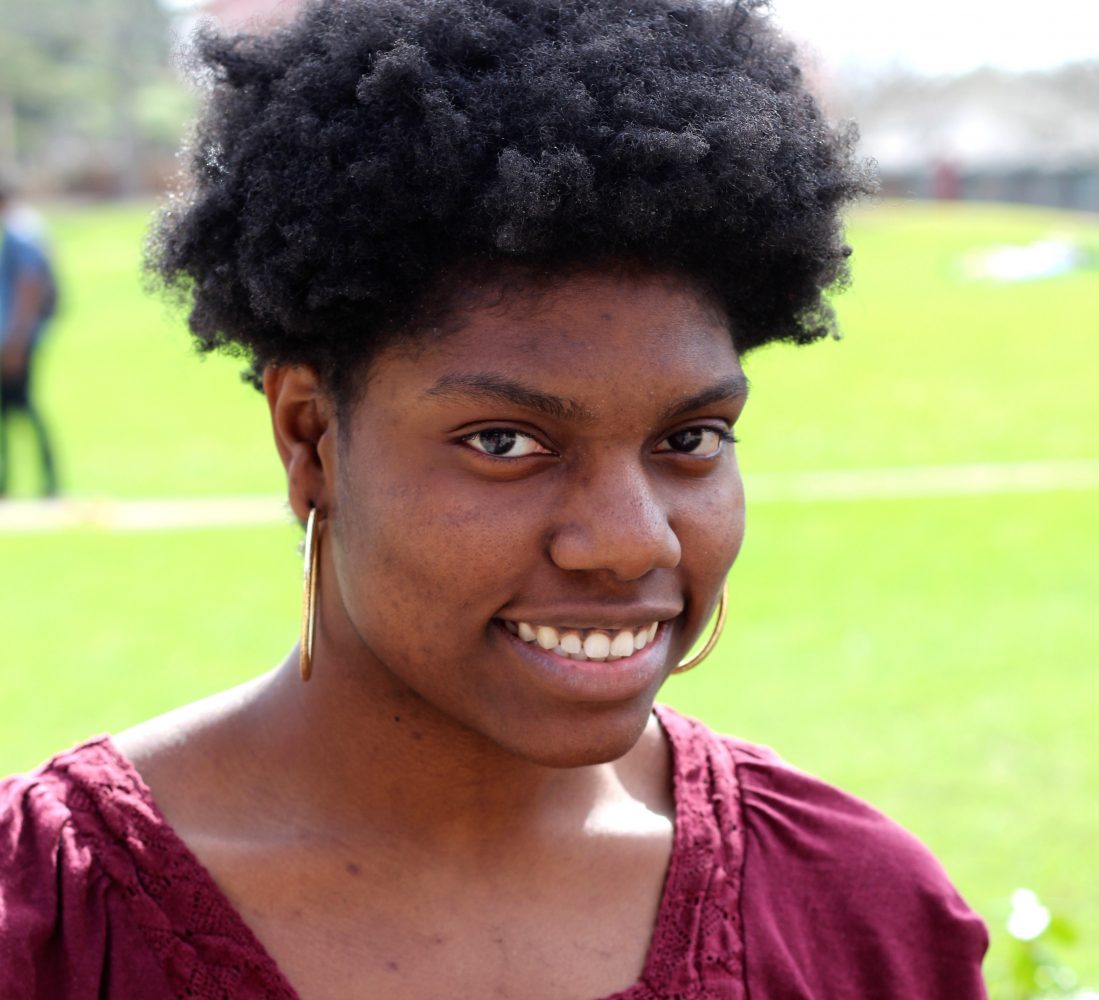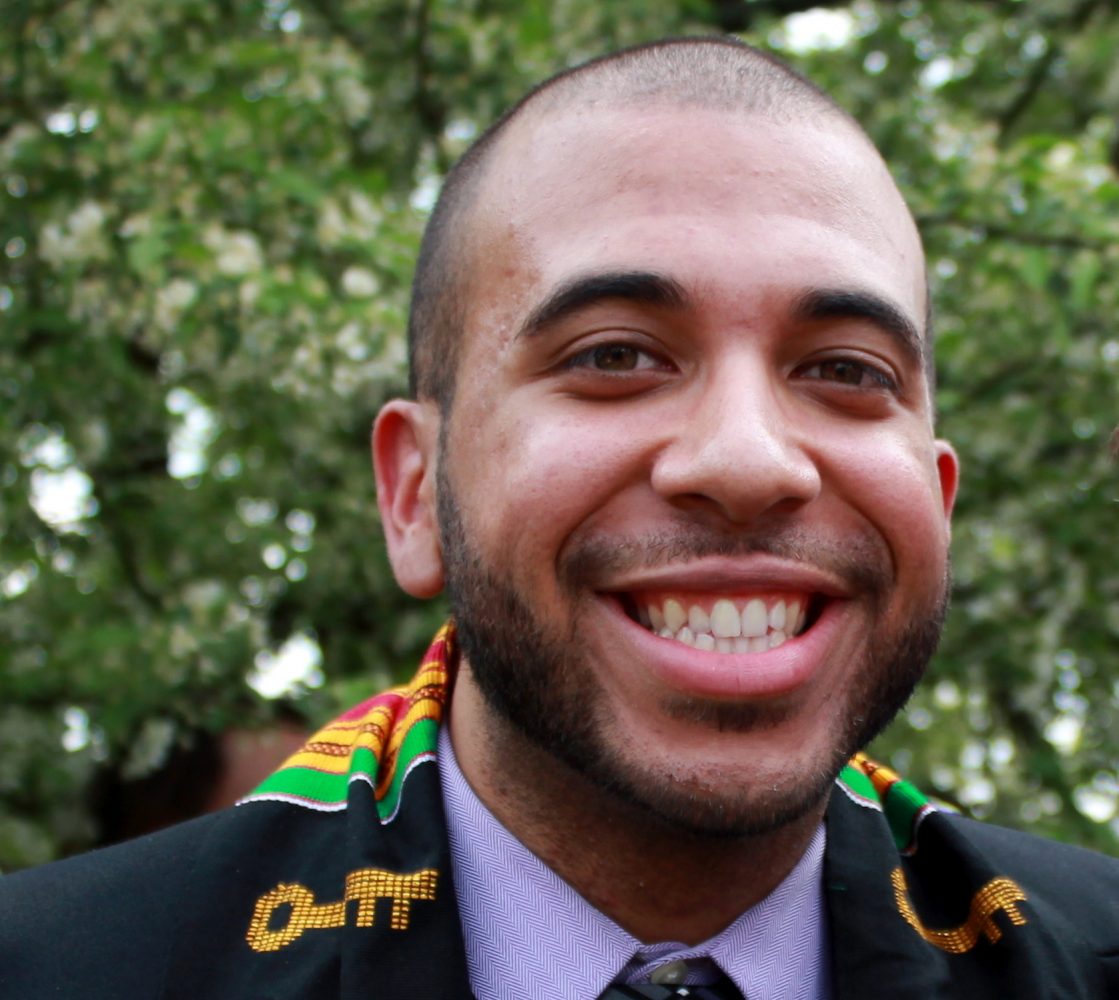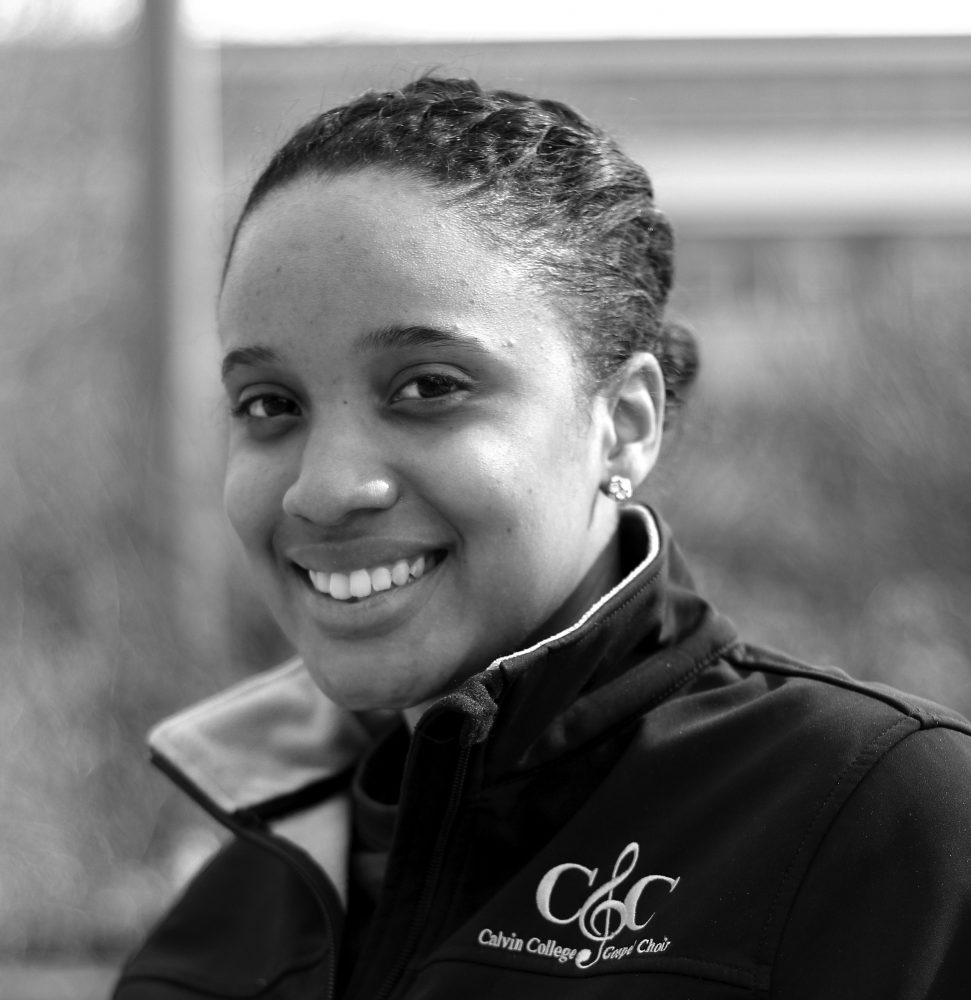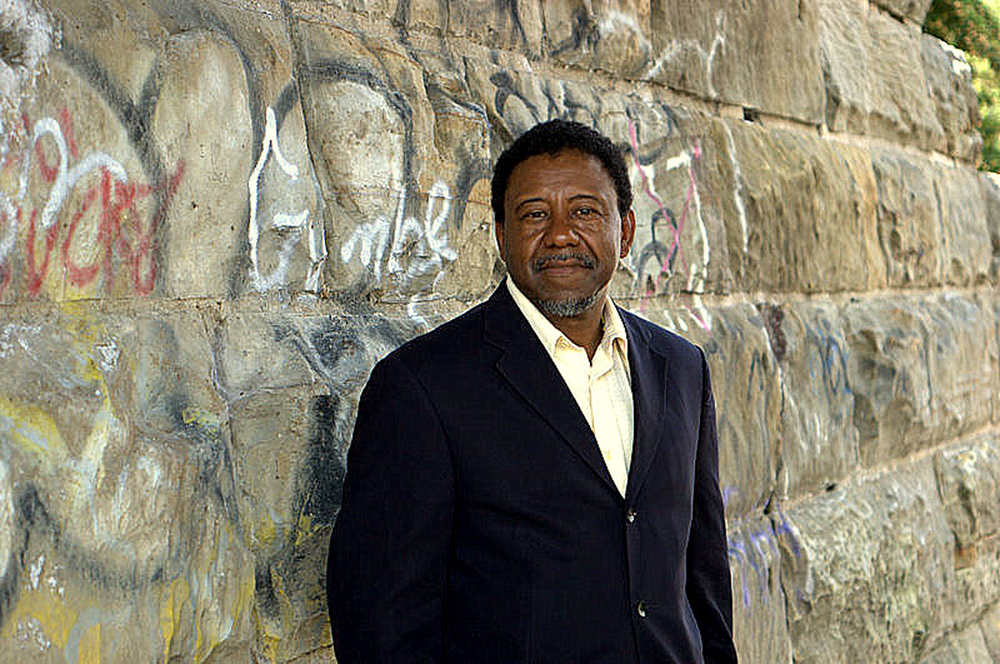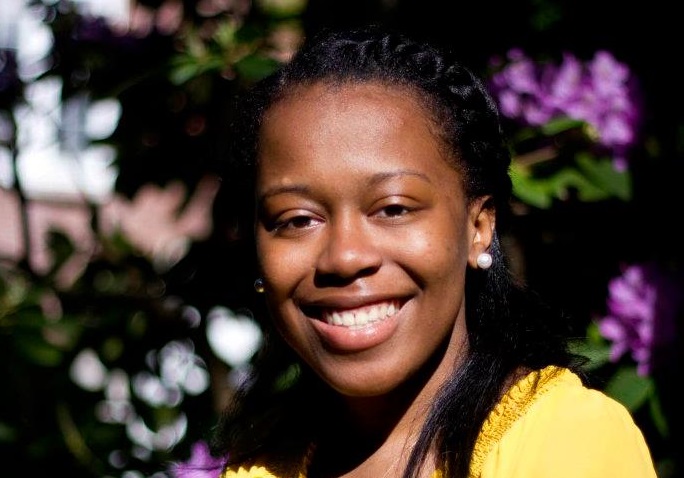When we at Chimes read through the Multicultural Affairs Committee’s (MAC) recent State of the Campus report, we were shocked by the statistics and surprised that we hadn’t heard them before. Even after we printed our articles, there was still disappointingly little discussion in the broader Calvin community about racial diversity.
Students from the United States who are African, Hispanic/Latino, Asian and Native American (AHANA) make up 13 percent of the student body this year, and the retention rate for AHANA students is 58 percent — seven percent lower than the retentions rate for the entire student body. The numbers for faculty and staff are worse: just under 10 percent of faculty and only 6.5 percent of staff are AHANA, as of November 2012.
Despite these sobering statistics, the Calvin community as a whole spends little time addressing diversity concerns. The MAC report also noted that less than half of faculty report having attended one diversity-themed event in the past year, despite it being a requirement to attend at least one a year. Student body participation is likely much lower.
These facts certainly point to a problem of diversity at Calvin, but a bombardment of statistics tend not to inspire people to build relationships. Those 13 percentage points are our coworkers, our neighbors. Those statistics have faces and those faces have stories.
The lack of diversity at Calvin has been a topic of serious discussion at the administrative level, and while that discussion is important for effecting institutional change, Chimes is concerned that the stories of students and faculty who live and work at Calvin have not received the attention they deserve.
We know that majority groups can feel defensive when they hear stories of discrimination that minority groups face, and we want to be clear that our purpose is not to accuse, but to illuminate. We want to start difficult but important conversations that result in true reconciliation and healed relationships, which is impossible without honestly, discussing together areas that we still have to improve.
We’re grateful for these thoughtful and articulate reflections that turn the discussion from an abstract administrative concern to a discussion of individual experiences at Calvin. As with any time someone is sharing their personal story, we encourage readers to listen diligently.



![Photo courtesy We are Calvin [too]](https://calvinchimes.org/wp-content/uploads/2014/04/we-are-calvin-too-1295x1000.jpg)
